The Russian government has firmly denied any involvement in the recent Hunger Protest that erupted in Nigeria. Accusations have surfaced linking Russia to the protests, with claims that the use of Russian flags by protesters indicates interference by the Russian Federation. Russia, however, has dismissed these allegations, labelling them as coordinated efforts by Western and Ukrainian officials to disrupt its relationship with Nigeria.
In a statement issued by the Press Secretary of the Russian Embassy in Nigeria, Yury Paramonov, the Russian government expressed its displeasure over remarks made by U.S. Secretary of State Antony Blinken, former Director of the British Council in Nigeria David Roberts, and Ukrainian Ambassador to Nigeria Ivan Kholostenko. These officials have pointed to the presence of Russian flags during the protests as evidence of Moscow’s alleged involvement.
Join our WhatsApp Channel“The Embassy categorically rejects such accusations,” Paramonov said. “Russia has always respected Nigeria’s sovereignty, and we have had no part in the Hunger Protest or any future unrest.”
Allegations from the West and Ukraine
The allegations against Russia come amid growing concerns about Russia’s influence in several West African nations, particularly those that have recently severed ties with France, such as Mali, Burkina Faso, and Niger. These countries have turned towards Russia for military and diplomatic support, fueling suspicions about Russia’s role in regional instability.
In Nigeria, the Hunger Protest has added fuel to this speculation. Some protesters were seen waving Russian flags, a move that critics argue points to foreign interference. During the protests, demonstrators called for better governance and economic reforms, but the presence of Russian symbols has caused political observers to question the motives behind the movement.
READ ALSO: Hunger Crisis: Nigeria’s Agricultural Failure Fuels Widespread Starvation
In response to the claims, Russia called out what it described as “a coordinated media campaign” by the West and Ukraine to “shift the blame for any consequences” onto Russia. The embassy urged Nigeria’s government to dismiss the allegations and maintain its focus on internal dialogue.
Russia Defends Its Position
In its official letter to the Nigerian Ministry of Foreign Affairs, Russia reaffirmed its stance of non-interference. The letter read: “Russia has always respected the sovereignty of Nigeria. We strictly adhere to the principle of non-interference in the internal affairs of independent states.”
Speaking further, Paramonov insisted that Western and Ukrainian accusations were designed to drive a wedge between Russia and Nigeria. “By contrast, the coordinated media campaign by Western and Ukrainian officials clearly points to their attempts to meddle in Nigeria’s internal affairs,” he added.
The embassy’s statement made clear that Russia values its relationship with Nigeria, and remains committed to peaceful dialogue. “We greatly value the level of relations between our two countries, and support peaceful dialogue within a legal framework as the means to resolve any internal disputes,” Paramonov said.
Russia Congratulates Nigeria on National Day
Despite the controversy surrounding the Hunger Protest, the Russian government has expressed its continued goodwill towards Nigeria. The Russian Embassy in Abuja conveyed Russian President Vladimir Putin’s congratulations to Nigerian President Bola Tinubu on the occasion of Nigeria’s National Day, reaffirming Russia’s desire for stronger bilateral ties.
“The Embassy extends its best wishes to the people and Government of Nigeria for prosperity and stability. We hope for continued cooperation and the deepening of relations between our two countries,” Paramonov concluded.
Impact on Nigeria-Russia Relations
As the Hunger Protest continues to stir debate both within and outside Nigeria, the accusations against Russia have put a spotlight on international dynamics surrounding African unrest. Analysts suggest that the blame game could further strain Nigeria’s foreign relations, particularly if the protest becomes a broader political issue.
For now, Russia remains steadfast in its denial, urging Nigeria to see through what it calls a media ploy orchestrated by Western and Ukrainian interests. “Russia will always stand with Nigeria on the basis of mutual respect,” said Paramonov. “Any claims to the contrary are baseless.”
However, as the Hunger Protest fades, questions about the political forces behind the movement linger, leaving room for further diplomatic manoeuvring. Whether or not Russia’s role was overstated, the incident has highlighted the complexities of global influence in Africa’s internal politics.
Emmanuel Ochayi is a journalist. He is a graduate of the University of Lagos, School of first choice and the nations pride. Emmanuel is keen on exploring writing angles in different areas, including Business, climate change, politics, Education, and others.

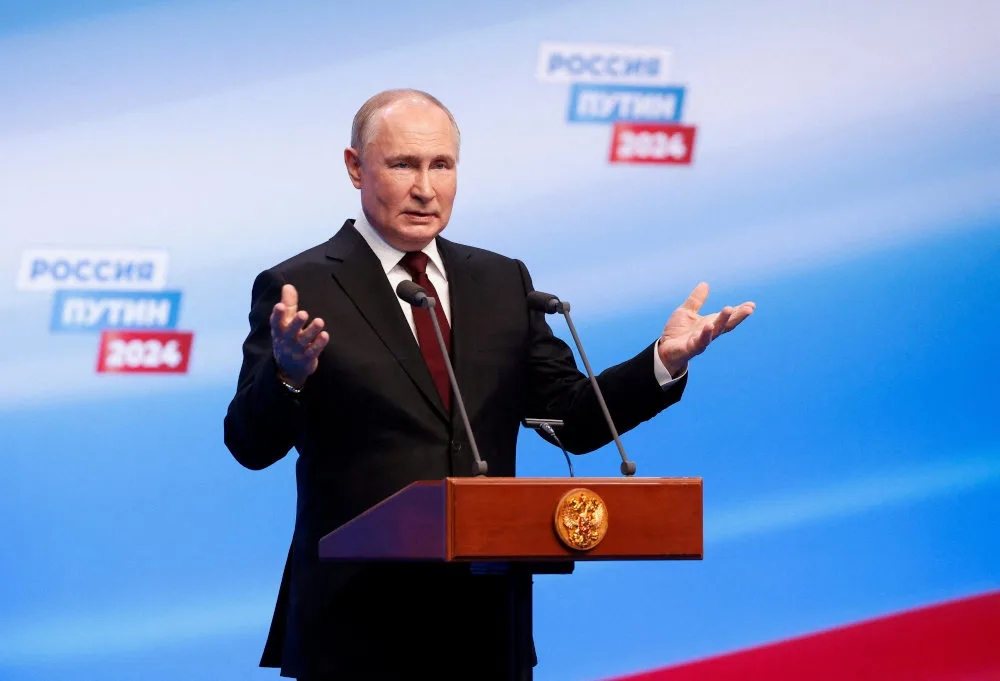



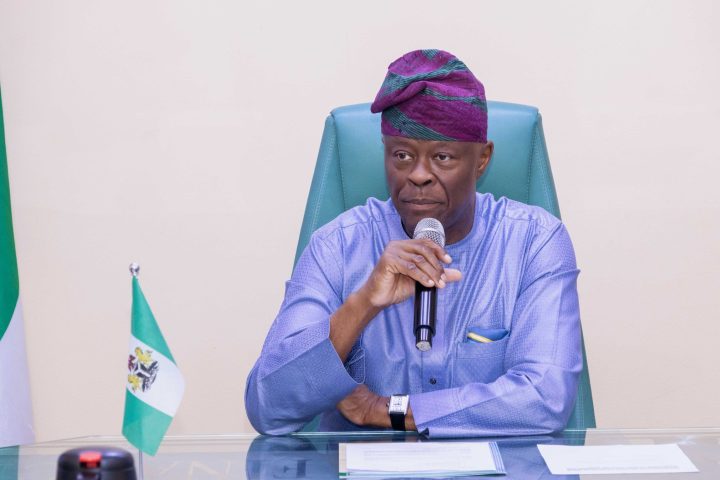
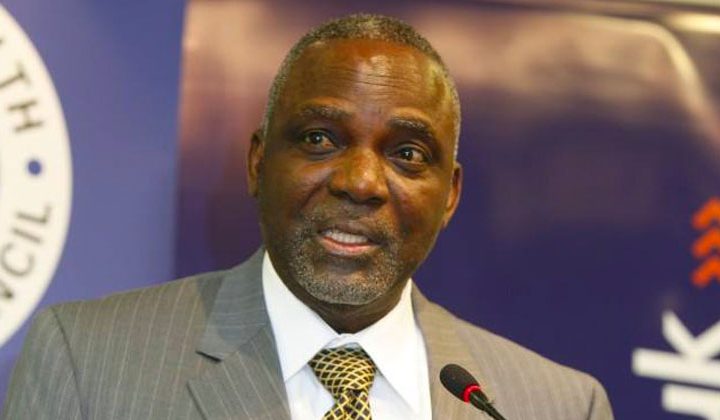
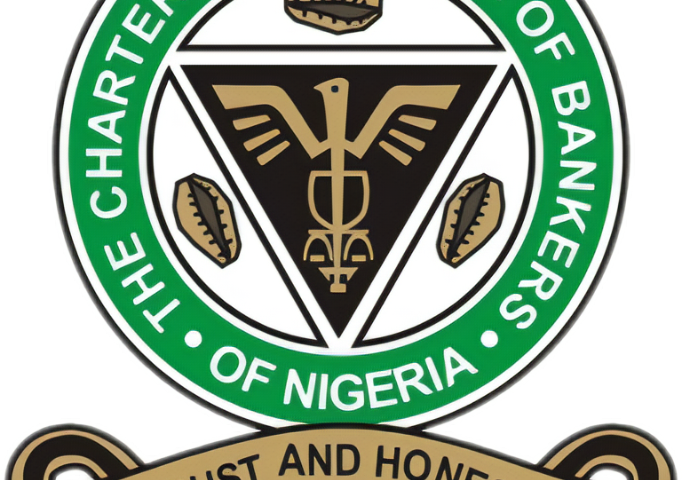








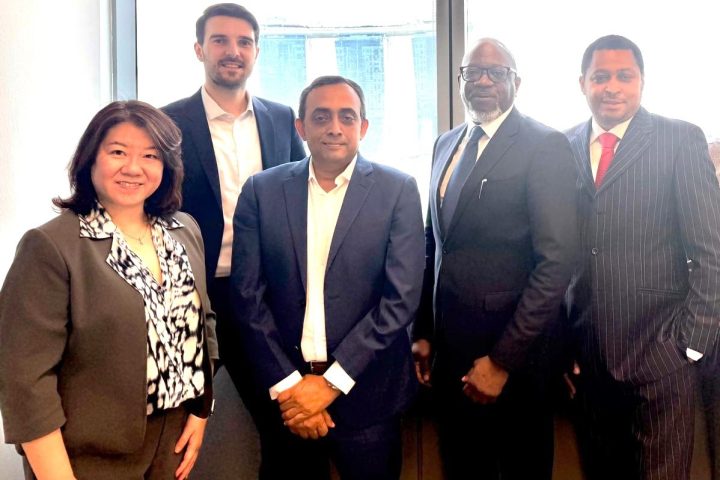
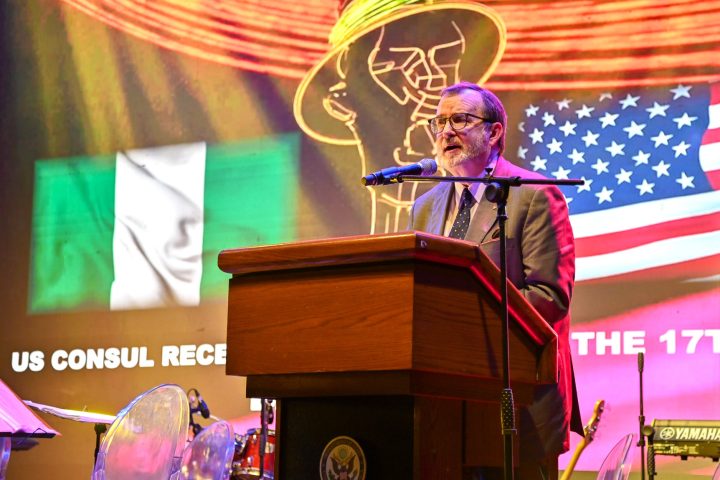

Follow Us